Prime Minister Narendra Modi has launched a direct critique of the Congress party over caste-based politics, intensifying his stance as the state of Madhya Pradesh prepares for assembly elections. During a rally in Gwalior, Modi contended that Congress is attempting to polarize voters by exploiting caste divisions, an approach he described as detrimental to national unity and progress. He accused Congress of focusing on divisive agendas rather than development, suggesting that this strategy undermines the strides India has made on the global stage.
Modi’s remarks came shortly after he inaugurated infrastructure projects valued at approximately ₹19,260 crore in Madhya Pradesh. The initiatives span a range of sectors including road development, housing, and energy, which the Prime Minister positioned as part of a broader effort to elevate Madhya Pradesh’s development trajectory. Notably, Modi celebrated the region’s progress, highlighting that it has shed its “BIMARU” (laggard) label under BJP leadership, a term traditionally used to describe states lagging in development. His objective, he stated, is to propel Madhya Pradesh into the top three states in India by economic and developmental standards.
While addressing the public, Modi framed the upcoming election as a choice between “development and divisiveness,” implying that BJP’s governance model offers a “double-engine” advantage, referring to the synchronization between state and central BJP administrations. He argued this synergy enables accelerated development, which, according to him, Congress-led states lack due to issues such as crime, corruption, and a deficit in progressive policies.
The BJP’s emphasis on Madhya Pradesh’s development record is a strategic component of its campaign, aiming to retain control in a state that has historically swung between BJP and Congress governance. Modi underscored that a BJP victory would ensure continued investment in infrastructure, improved public services, and economic growth. His statements also echoed a sentiment of urgency, framing the next five years as critical for cementing the state’s economic ambitions and aligning it with broader national growth goals.
However, Congress leaders have rebuked Modi’s comments as political maneuvering intended to divert attention from economic and social issues affecting the populace. Congress has countered the BJP’s developmental narrative by pointing to issues of unemployment, inflation, and the agrarian crisis, topics it argues resonate more directly with voters. This counter-narrative sets up a clear ideological division in the electoral contest, with Congress presenting itself as a proponent of social justice and inclusive policies, while BJP foregrounds a development-centric vision.
As Madhya Pradesh voters head to the polls, caste remains a critical issue, with both major parties attempting to navigate its complexities. Congress, which traditionally garners significant support from various caste groups, has advocated for measures like caste-based reservations and social welfare programs targeting disadvantaged communities. In response, BJP has sought to project itself as a party that transcends caste lines, focusing instead on economic and infrastructural development. Modi’s Gwalior speech aimed to reinforce this narrative, challenging Congress’s caste-based approach as antiquated and divisive.
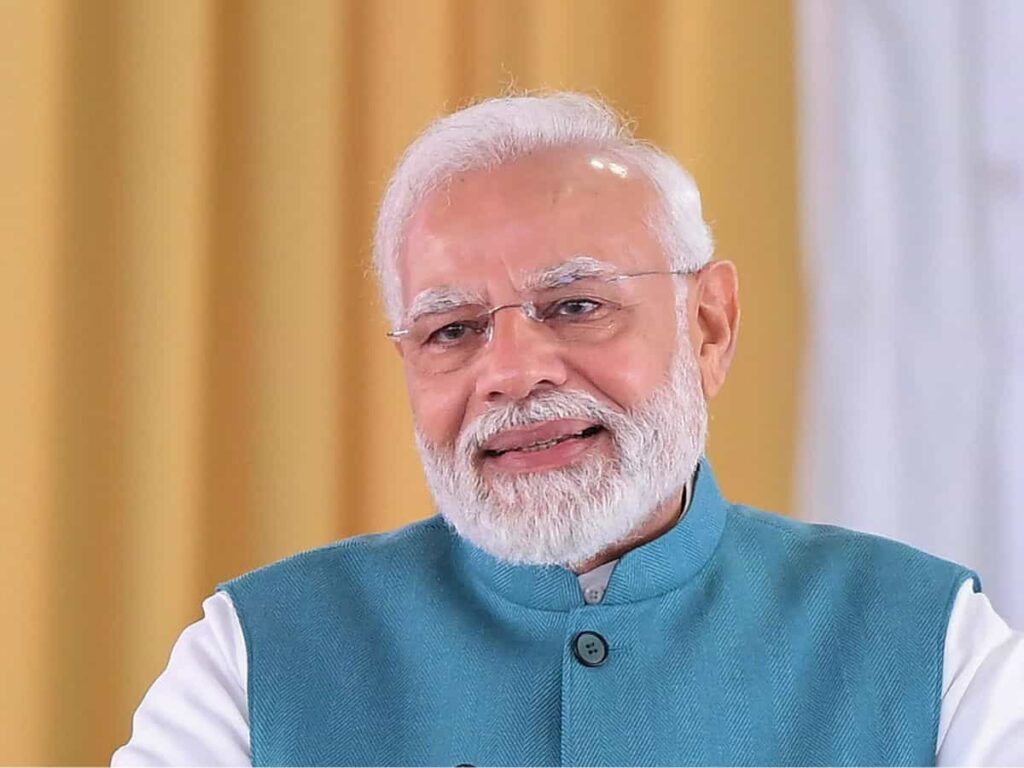
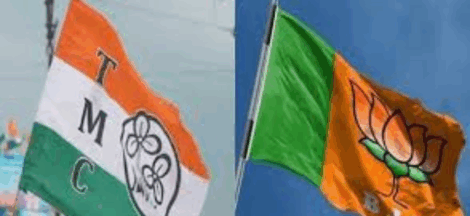
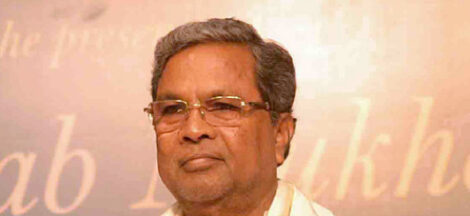
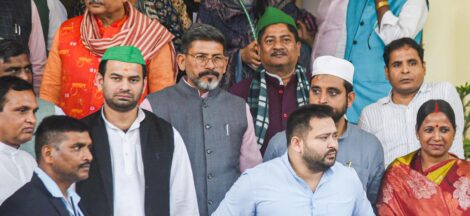
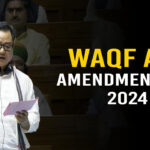 Political Fight Over Waqf Amendment Bill Is Becoming More Bizarre With Every Passing Day
Political Fight Over Waqf Amendment Bill Is Becoming More Bizarre With Every Passing Day 